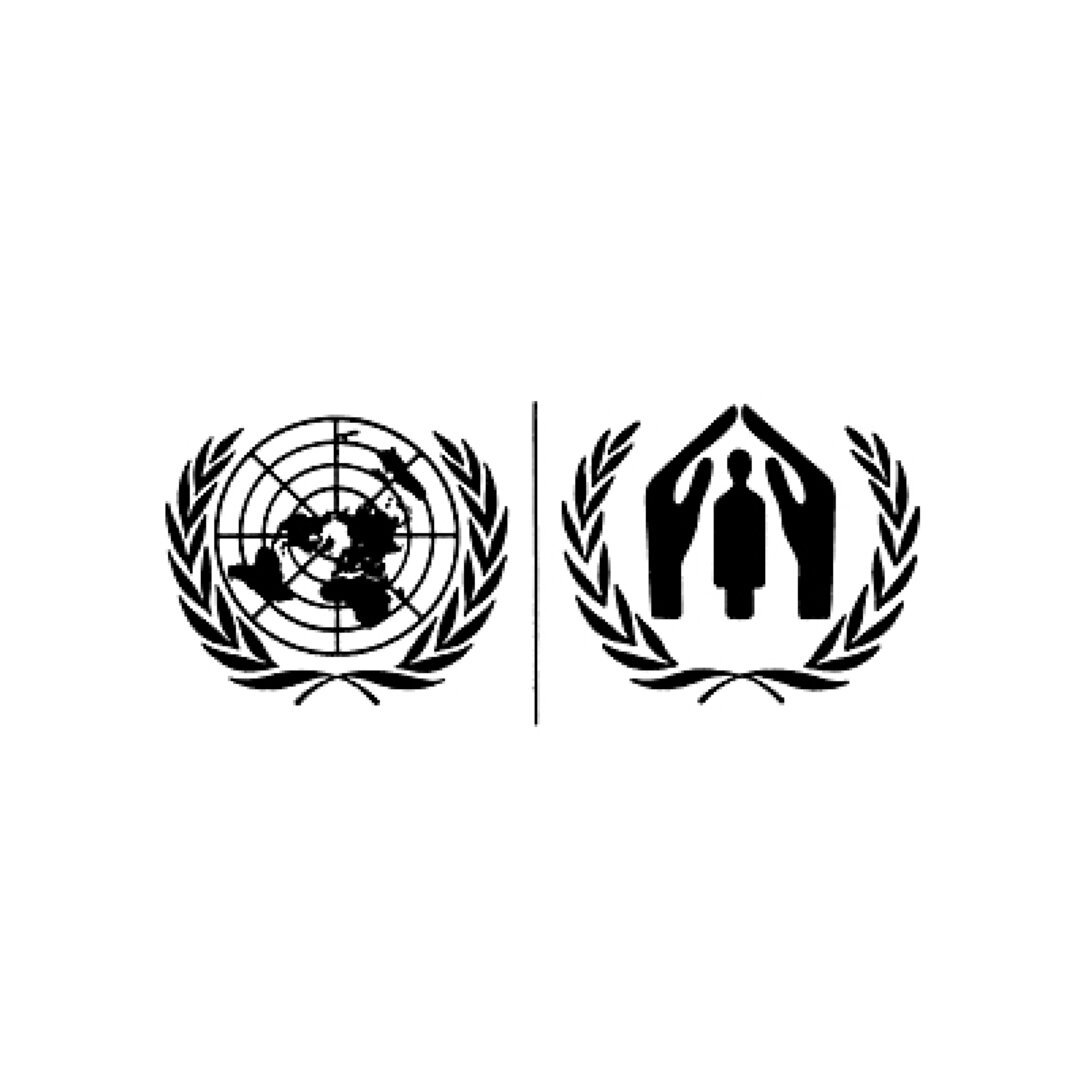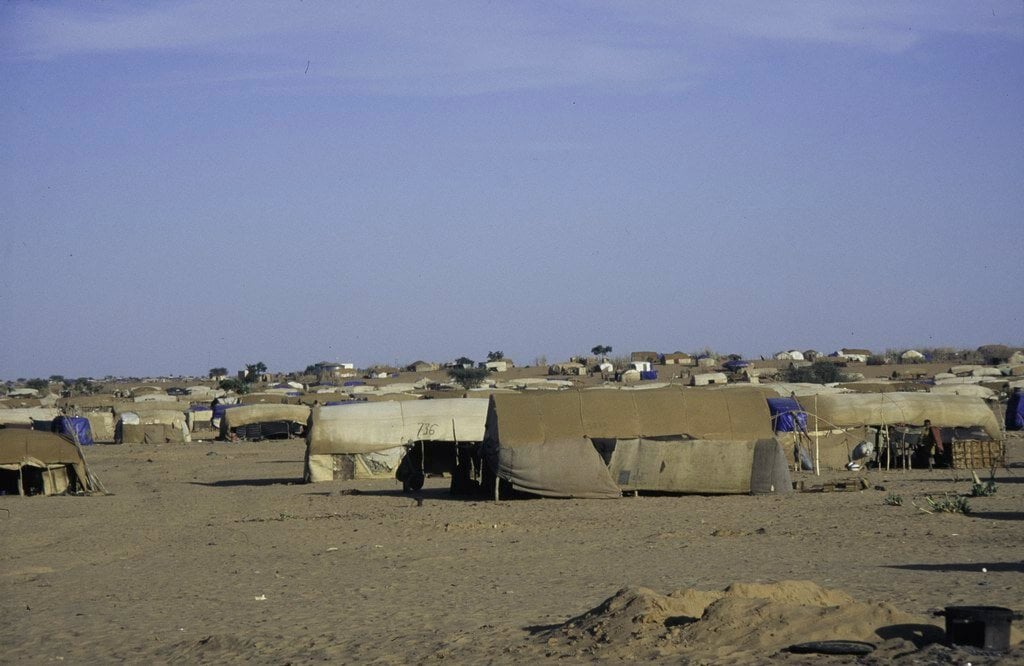Office of the United Nations High Commissioner for Refugees
Speed read
The Office of the United Nations High Commissioner for Refugees (UNHCR) was awarded the Nobel Peace Prize for promoting the fundamental rights of refugees.

Full name: Office of the United Nations High Commissioner for Refugees
Native name: Office of the United Nations High Commissioner for Refugees
Founded: 14 December 1950, Geneva, Switzerland
Date awarded: 14 October 1981
Awarded the peace prize two times
In 1981 the Norwegian Nobel Committee carried on the tradition begun with Fridtjof Nansen, in which refugee aid was defined as fundamental to the cause of peace. The award to the UNHCR recognised the enormous efforts made by the organisation to repatriate refugees in Africa, Asia and Latin America in the 1970s. It was also a declaration of support for the UN and the principles set out in the international refugee convention, which came into focus in the early 1980s as a result of the cruel fate suffered by thousands of Vietnamese refugees in the South China Sea. The UNHCR used the prize money to establish a fund for disabled refugees.
"The Office of the United Nations High Commissioner for Refugees is a bridge linking the world community conceived as a community of states and the world community conceived as a community of men and women. We have a duty to the refugees, and this is a duty to ourselves and the very basis of our own existence."
Jon Sanness, Presentation speech, 11 December 1981.
Situation in the early 1980s
In 1981, when the UNHCR received the Nobel Peace Prize for the second time, the refugee problem was greater than ever. At the time, the developing countries were suffering the most, especially the countries of Africa. The UNHCR was responsible for approximately half of the world’s ten million refugees, most of whom were found in the African countries of Cameroon, Nigeria, Somalia, Sudan, Tanzania and Zaire.
Refugees on the open seas
The dramatic situation of the Vietnamese boat refugees helped to put the refugee problem on the international agenda in the early 1980s. During their flight from the communist regime in Vietnam, many refugees were victims of looting, rape and murder by vicious pirates. Merchant ships often refused to allow the refugees aboard. The human rights violations received extensive coverage in the international media and are likely to have contributed to the Nobel Committee’s decision to award the peace prize to the UNHCR for the second time.
"Today, the voices of millions of refugees in the world are being heard. Voices seeking belief in man, in human dignity, in basic human rights. Voices praying for justice, freedom and peace, pleading for love and generosity. Voices calling on the governments of the world to use reason rather than force."
Poul Hartling, Nobel Prize lecture, 11 December 1981.

Learn more
Read the history of the Office of the United Nations High Commissioner for Refugees.
Disclaimer: Every effort has been made by the publisher to credit organisations and individuals with regard to the supply of photographs. Please notify the publishers regarding corrections.
Nobel Prizes and laureates
Six prizes were awarded for achievements that have conferred the greatest benefit to humankind. The 14 laureates' work and discoveries range from quantum tunnelling to promoting democratic rights.
See them all presented here.
